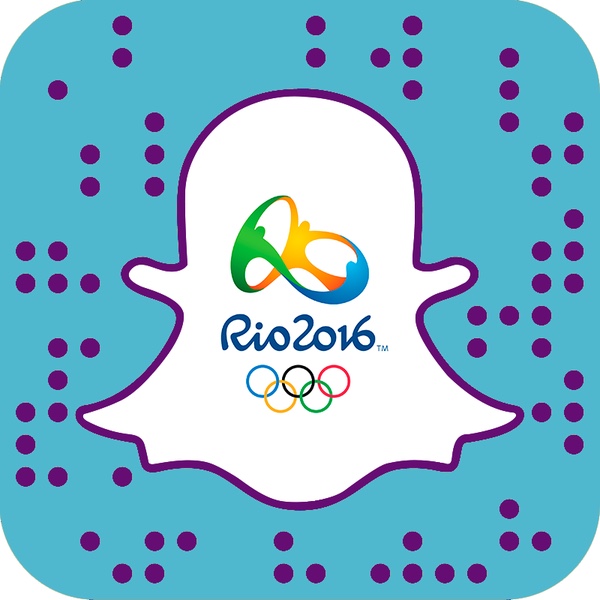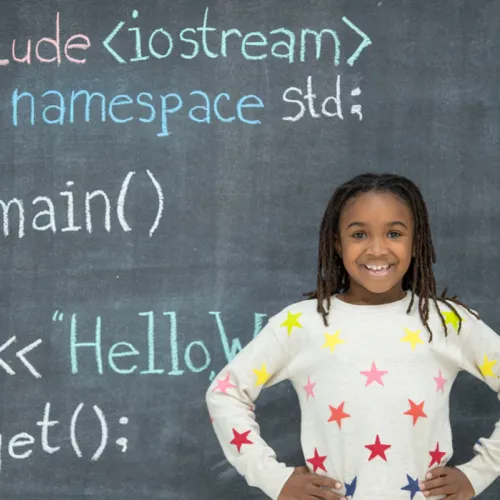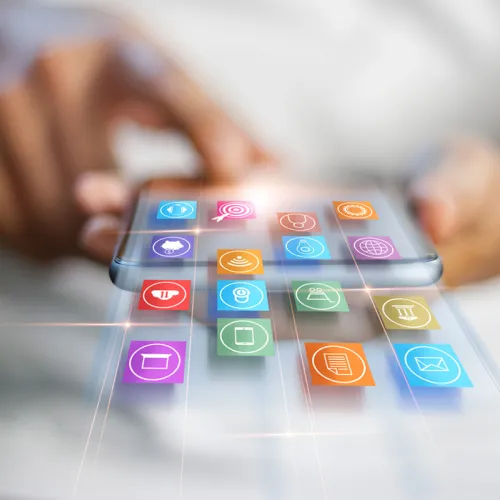Share
London 2012 was the first time the Olympics became a digitally focused event. Much has changed in the past four years, but the 2016 Olympics in Rio promises to deliver digitally again – only this time, it will be bigger and better.
This summer, more than ever before, social media will alter fans’ Olympic viewing habits, presenting digital marketers with unparalleled opportunities to target viewers during the games.
Desktop websites, mobile apps, and social media all saw records broken during the 2012 Olympics with London2012.com. It received 38.3 billion page views, peaking at 96,871 pages viewed per second. It became the most popular sports website in the world during the Olympics. Twitter saw 150 million Olympic-related tweets and Facebook received 100 million Olympic-related Facebook posts/comments.
 Keep your smartphone charged, because you’ll need it: NBC's Olympics digital coverage of next month’s Olympic Games in Rio comprises 4,500 streaming hours, including live-streaming of all competition events, television simul-stream coverage of nine TV networks, and first-time streaming to connected TVs.
Keep your smartphone charged, because you’ll need it: NBC's Olympics digital coverage of next month’s Olympic Games in Rio comprises 4,500 streaming hours, including live-streaming of all competition events, television simul-stream coverage of nine TV networks, and first-time streaming to connected TVs.
What’s different about this Olympics is that in the four years since London, Facebook has embraced video in a big way. That means users are going to see more highlights and medal-winning moments, and they’re going to get a lot more dynamic content on this platform.
Rio is the first virtual reality Olympics: Samsung partnered with NBC to offer exclusive content on Samsung Galaxy smartphones compatible with Gear VR, broadcasting a full 360 degrees view of the Opening and Closing Ceremonies, men’s basketball, gymnastics, track and field, beach volleyball, diving, boxing and fencing, and other highlight packages.
Seek truly relevant opportunities for your brand. There will be no shortage of companies looking to hijack hashtags or plug their company into trending topics during the Olympics. These low-relevance gimmicks may be timely for a day, but have little to do with driving real, long-term impact. Relevance comes from knowing what events will trigger the right type of conversations with the right people, and then focusing on those areas.
Have a multi-prong strategy to help capture both trending topics and the following purchases. Tap into active online social influencers, such as marketers and customers, and key professionals in the field (i.e. fitness instructors or running clubs), and work with key retail influencers who can help mold the buying decision.
As the ultimate international sports venue, the Olympics speak for each country differently, but always with a unified national team spirit.


